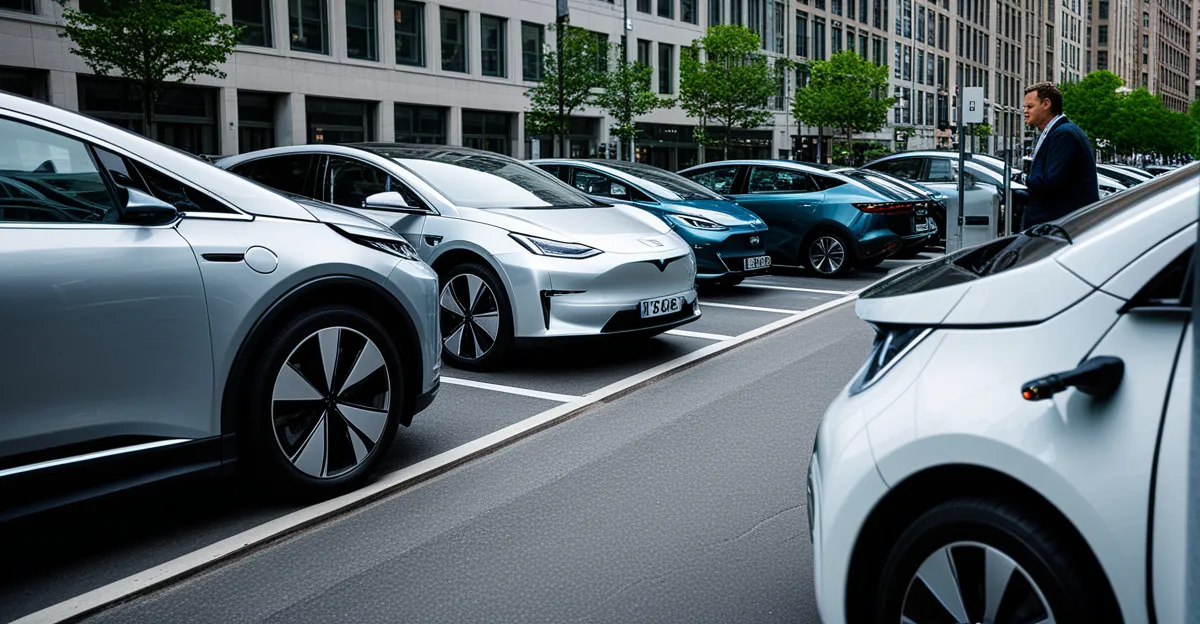Immediate Effects of Electric Vehicle Advancements on Urban Mobility
Recent EV advancements have significantly reshaped urban mobility, creating smoother, cleaner, and more efficient city travel. The evolution of electric vehicle technologies, especially in battery capacity and charging speeds, has enhanced the integration of EVs into daily urban commuting patterns. Many urban residents now rely on electric cars, scooters, and bikes for their regular transport needs, facilitated by improved vehicle range and shorter charging times.
Battery technology improvements directly influence the daily urban travel experience. Longer-lasting and faster-charging batteries reduce range anxiety, allowing commuters to plan their routes with confidence. This increased reliability encourages more people to switch to electric modes, easing pressure on public transport systems and cutting down on noise and air pollution.
Also read : What are the implications of new UK automotive safety regulations?
These transformations extend beyond personal vehicles. Shared mobility solutions powered by advanced electric vehicles are becoming more popular, altering typical transportation dynamics. In effect, urban mobility is transitioning towards a more sustainable, technology-driven ecosystem, powered by the ongoing progress in electric vehicle technologies. This shift not only changes how people move but also paves the way for smarter, greener cities.
Impacts on Urban Infrastructure and Transit Systems
As EV advancements accelerate, urban infrastructure must evolve to support growing electric vehicle usage. Cities are expanding charging infrastructure by installing numerous public charging stations, including fast chargers, to accommodate the rising number of EVs in daily commuting. This adaptation eases access to recharging, reducing range anxiety and fostering broader EV adoption.
Have you seen this : How Will Electric Vehicles Reshape the Future of UK’s Automotive Industry?
Simultaneously, the electrification of public transit is transforming city transit systems. Municipal fleets, such as buses and taxis, are increasingly powered by electric vehicle technologies, lowering emissions and noise pollution. This change presents cities with opportunities to modernize their fleets while improving air quality and commuter experiences.
Smart grids are another critical development supporting urban EV growth. These intelligent energy systems optimize electricity distribution, manage demand fluctuations from EV charging, and integrate renewable energy sources. By ensuring efficient power management, smart grids help cities balance grid loads and promote sustainable energy use, crucial for scalable public transit electrification.
Together, these infrastructure and transit system upgrades enable cities to meet the demands of expanding EV use, making urban mobility more sustainable and resilient.




